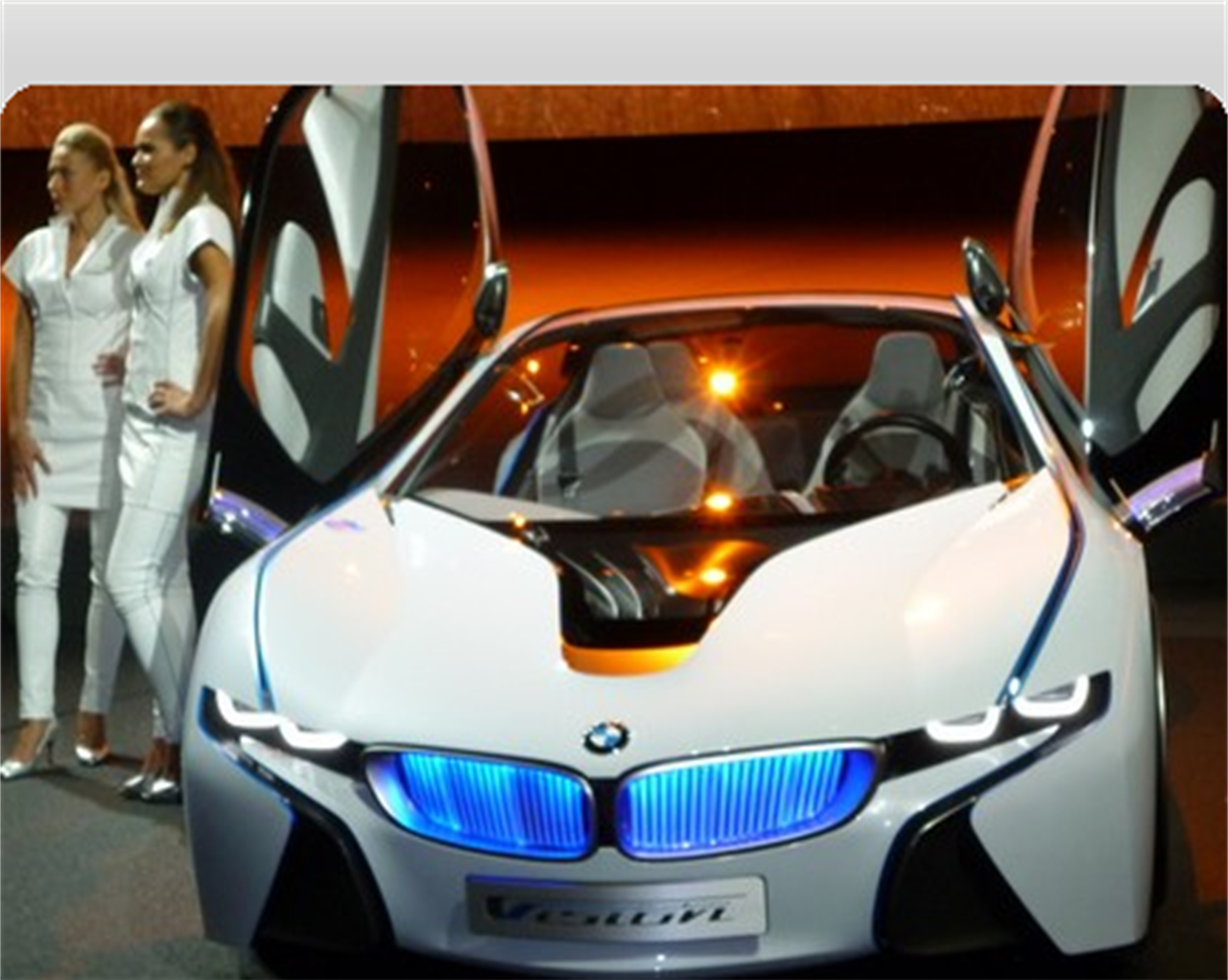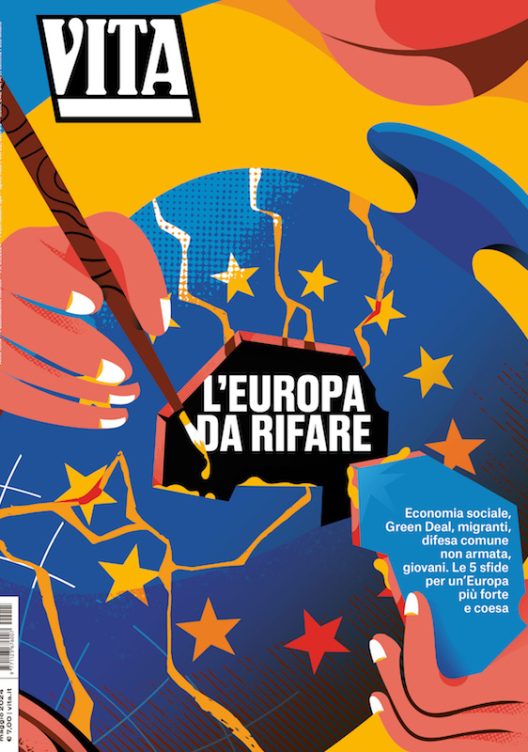Sostenibilità sociale e ambientale
Not just a pipe dream
The European Commission takes on the complex subject of standardisation for electric cars.
di Rose Hackman

There comes a time in any experiment’s lifespan when it either needs to swim or drown. For electric cars, it’s looking like swimming time.
Last Wednesday 28 April, the European Commission entered into talks on how to make standards surrounding electric cars uniform across the continent.
The importance of the talks was significant.
Without common guidelines the development of the market for electric cars would be close to impossible in Europe, with standardisation needed not only across borders but also across car production companies.
The Commission settled on yardstick ambitions. Whereas electricity safety standards should be defined by the end of the year, recharging standards should be dealt with in 2011 and collision assessment in 2012. Hydrogen fuel-cell cars are currently being seen as a “promising” option.
Electric cars, long been put forward as the carbon efficient solution for people unwilling to give up their modern lifestyle, have attracted increasing amounts of attention in recent years.
Last September, reports from the Frankfurt Auto Show claimed interest in the supposed climate friendly car from the public as well as the industry, had never been as high.
But Wednesday, the industry commissioner Antonio Tajani, was keen to point out that the mainstream introduction of the vehicles was much closer than expected – providing correct legislation and infrastructures were put in place.
“These aren’t just curiosities in motor shows any more,” he said.
Companies such as Hyundai, Toyota and Ford actually already have their own trial e-cars on the road and BMW and Audi are still in the stages of luxury concept development.
Meanwhile, Volkswagen unveiled its plans last month to be the leading electric vehicle seller in the world by 2018. Five hundred trial e-Golfs should be unleashed onto the roads in 2011. This year also sees VW’s first Hybrid product – a controversial SUV or Touareg – introduced to the market.
Whatever the form, most people are agreeing on the necessity of starting to address the nitty gritty details of what a green economy would mean in practice.
“With the new strategy, the Commission wants to provide an impetus on the European level and seize the full potential of green vehicles to contribute to fight the climate change, reduce the oil dependency of Europe and revitalize Europe’s industrial fabric,” the Commission said in a press release.
A question still needed to be addressed though, is the provenance of the electricity used. Critics have warned that what are generally perceived as zero-emissions cars are in fact likely to often be coal-burning cars because of the origin of electricity.
Perhaps the Commission will save tackling that problem for 2013.

